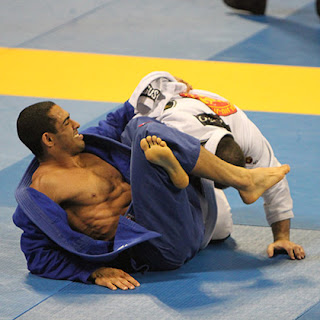Q: My lecturer at Uni said the most important thing to do after training is to restore glucose, he recommended a sports drink, is he right?
Replenishing glycogen post-workout is important, although I don’t recommend using a sports drink to get the job done. Whether or not it is the most important thing would be up for debate. For me personally I like to use a mix of protein and carbs after training to replenish glycogen stores. To do this quickly I like to use powders. Depending on the athlete this shake would be anywhere from 30-50g of protein mixed with 50-220g of carb powder. With the carb powder I like to use a mixture of fast and slow carbs.
By consuming a protein/carb drink immediately post-workout it has been shown to increase protein synthesis by 38% more than a protein shake alone. The carbs stimulate insulin which is an important regulator of protein synthesis post-workout.
Another reason why you want to consume carbs post-workout and replenish glycogen stores is for hormonal balance. When you train you increase levels of the stress hormone cortisol. This is a good thing while you train as it gives you energy. Post-workout cortisol isn’t your friend though, it breaks down muscle tissue, and while cortisol is high testosterone is low. It is what people refer to as the testosterone/cortisol ratio. By consuming a protein/carb shake you can lower cortisol levels, improve the testosterone/cortisol ratio, reduce muscle protein breakdown, and increase protein synthesis as mentioned above. By doing this you decrease the catabolic state and increase the anabolic, the building of new muscle tissue.
Post workout you want to have carb sources that have a high glycemic index, a high insulin index, and are low in fructose. You have to spike your insulin stores if you want to replenish glycogen post workout. If you are fat then you don’t need carbs post workout. You have to deserve them as Charles Poliquin always makes very clear. You also have to be sure you add in some fast acting proteins like whey.
Here is a video that gives you some options for your post workout carb choices and some to avoid https://www.youtube.com/watch?v=2SHFlQhkryM







